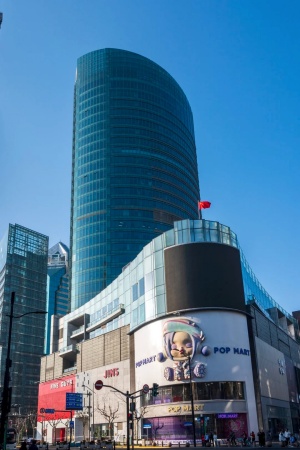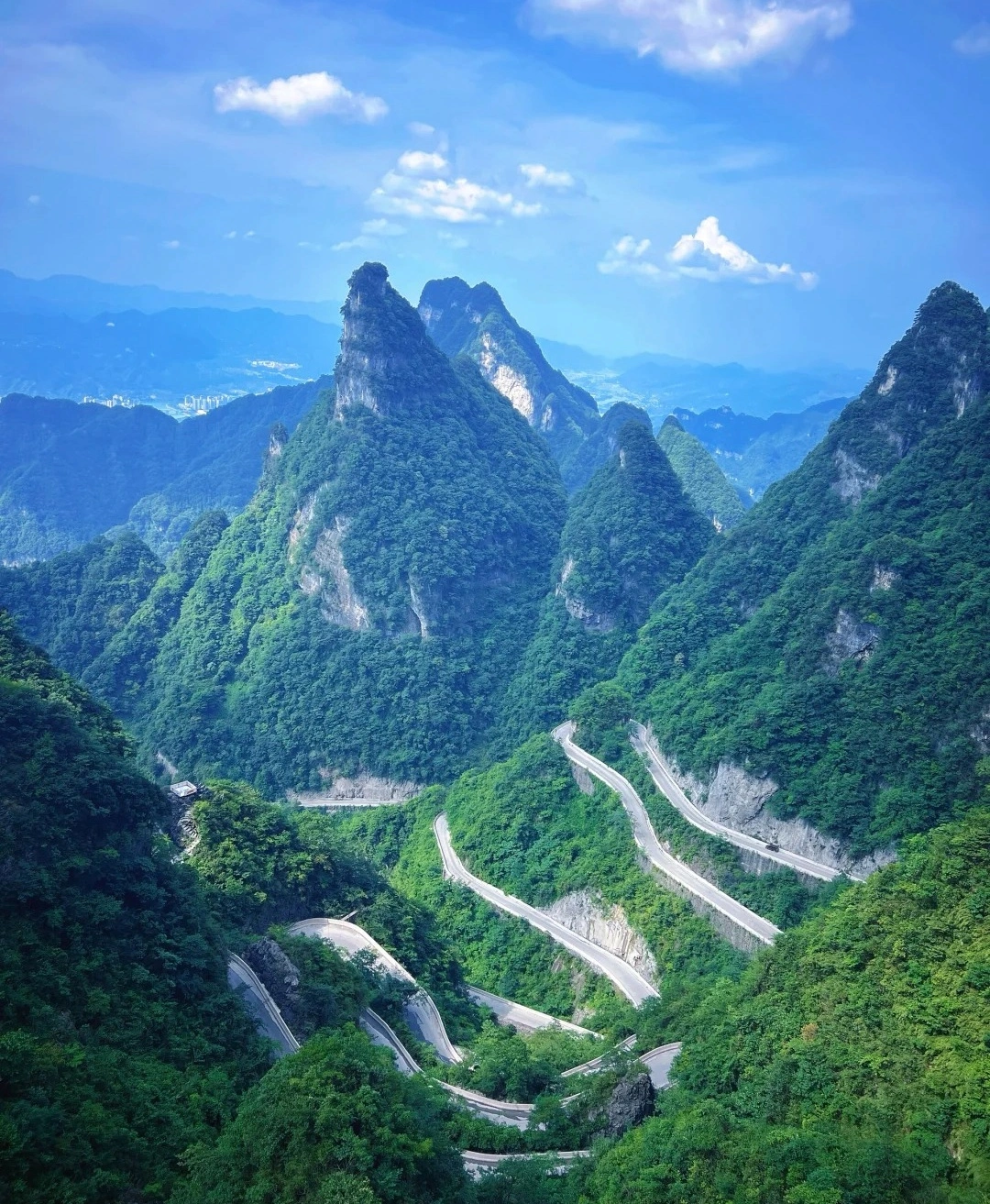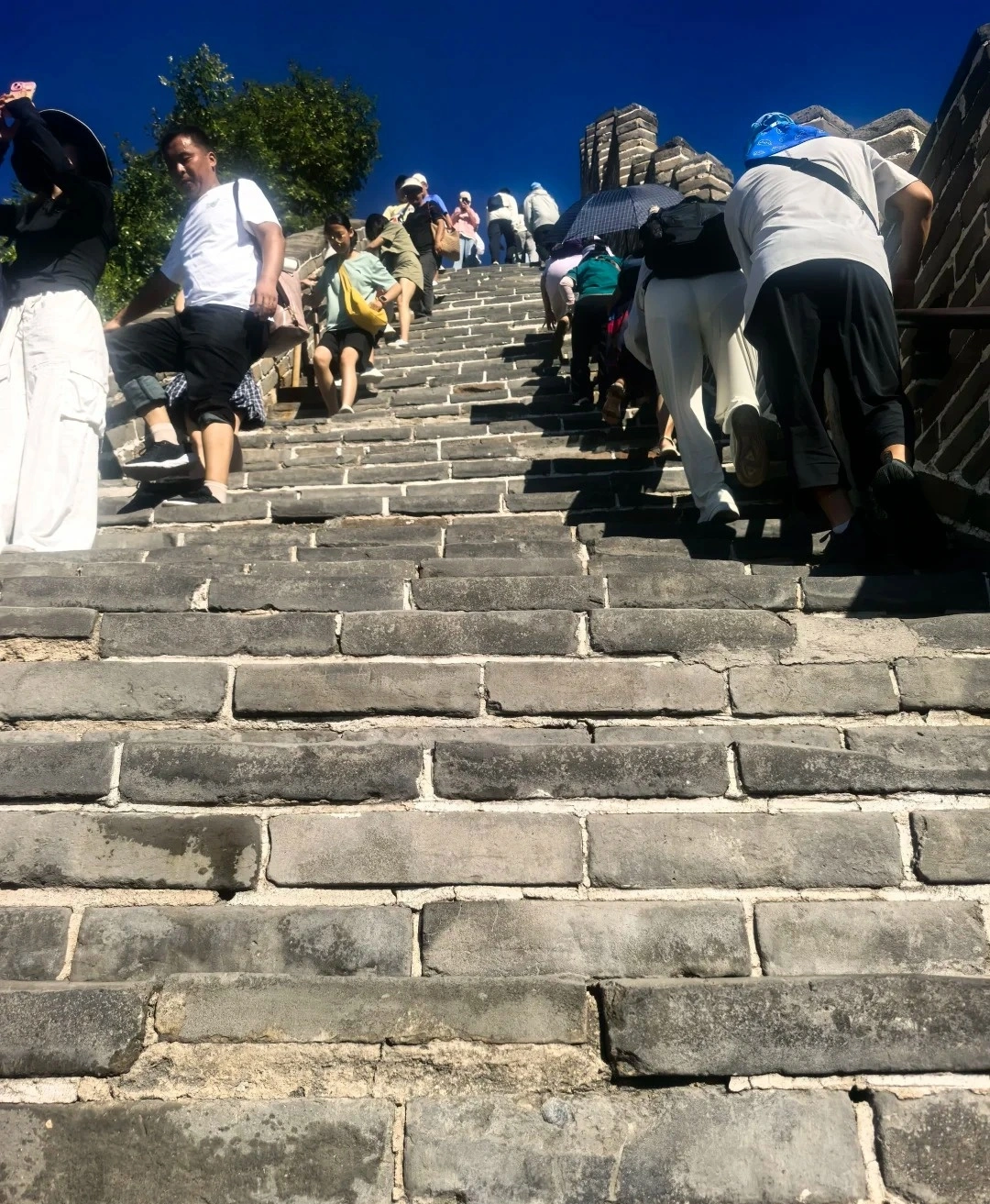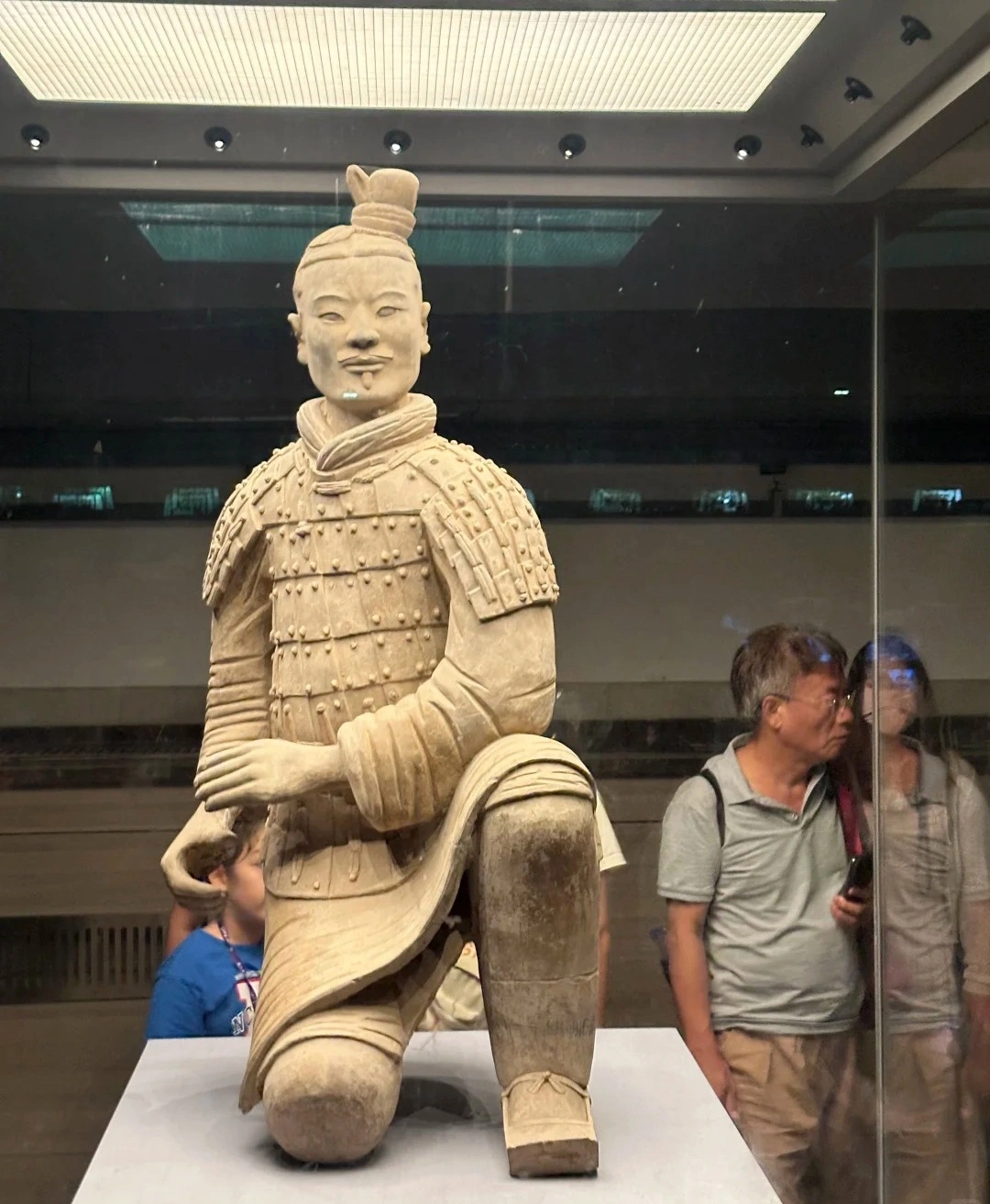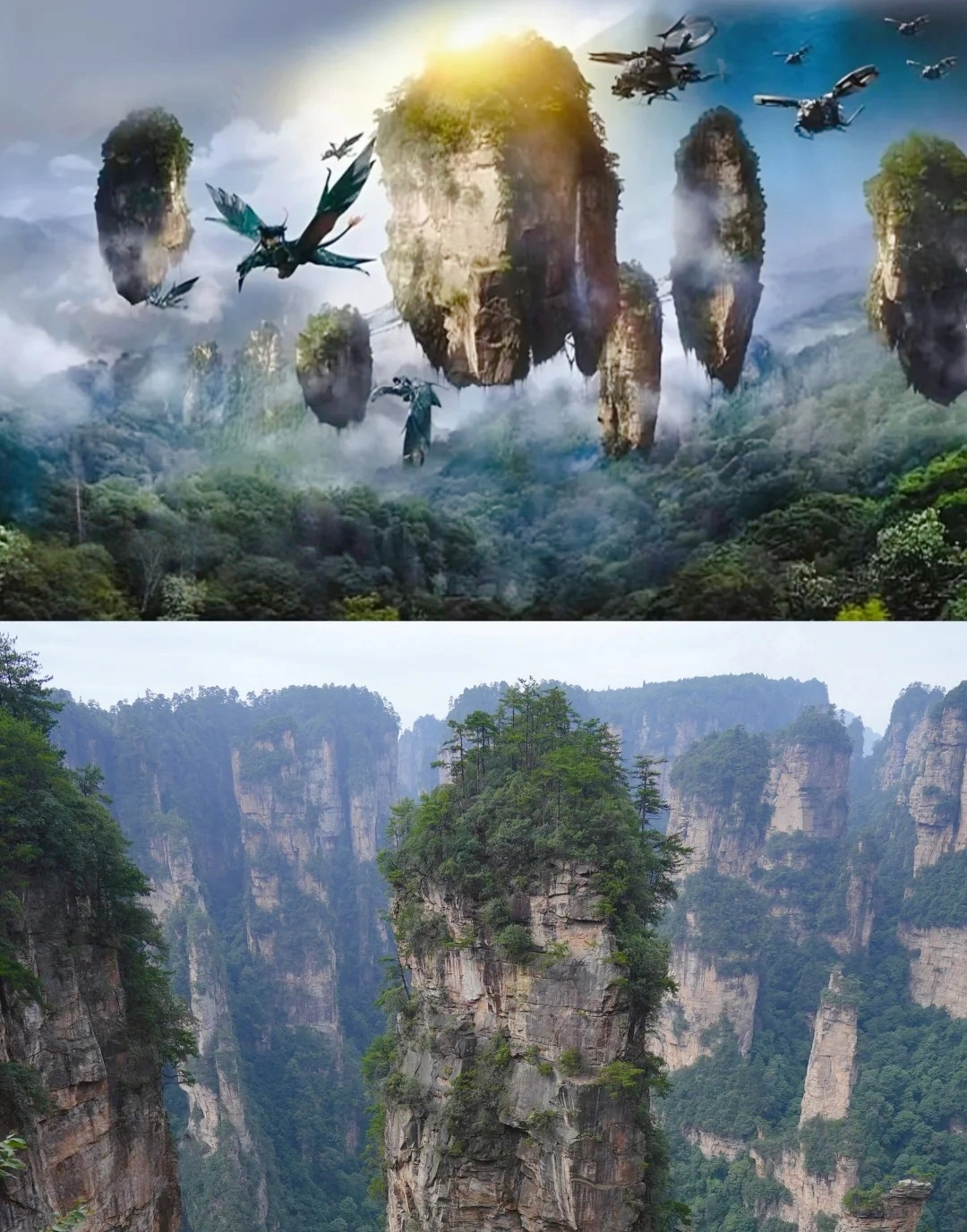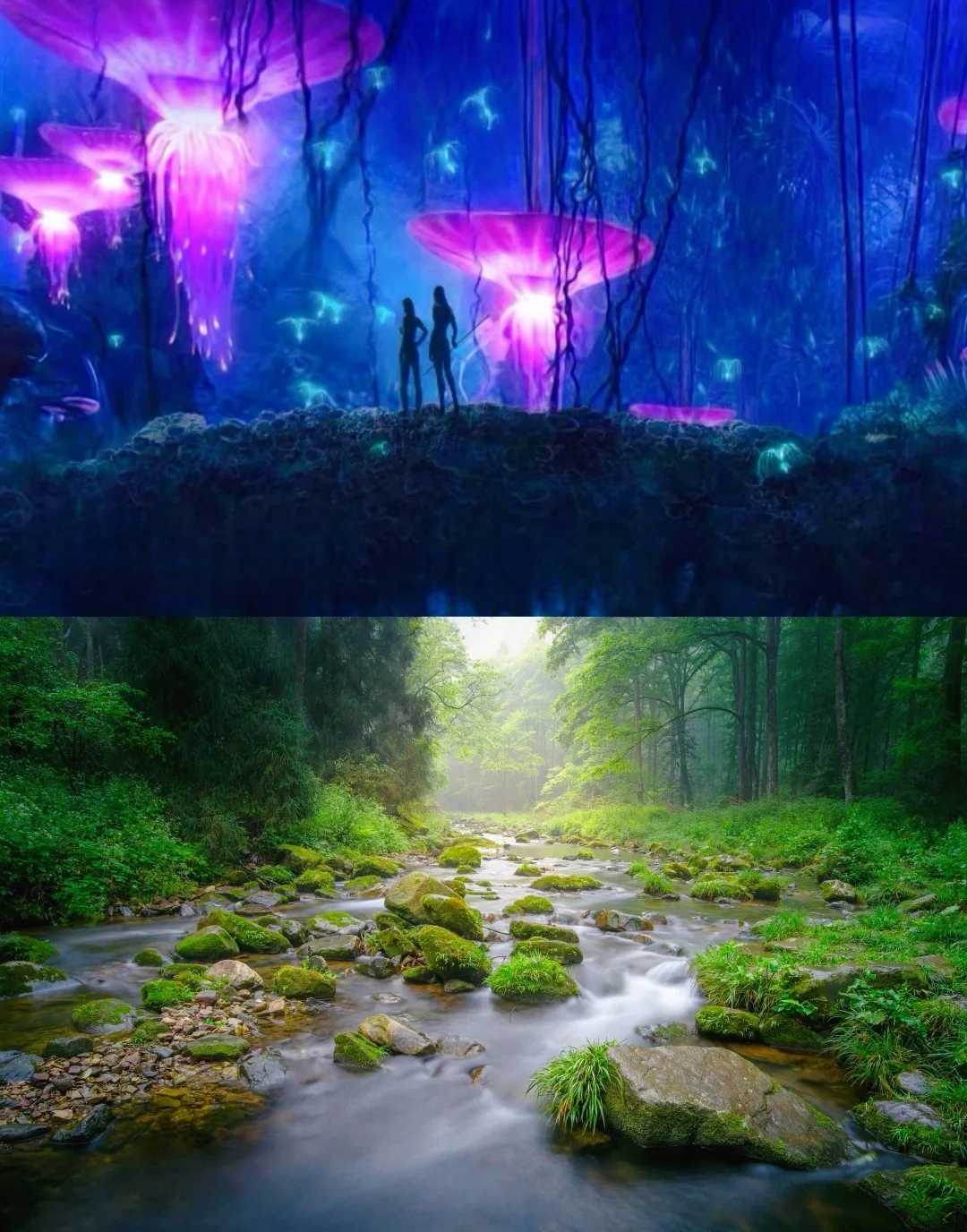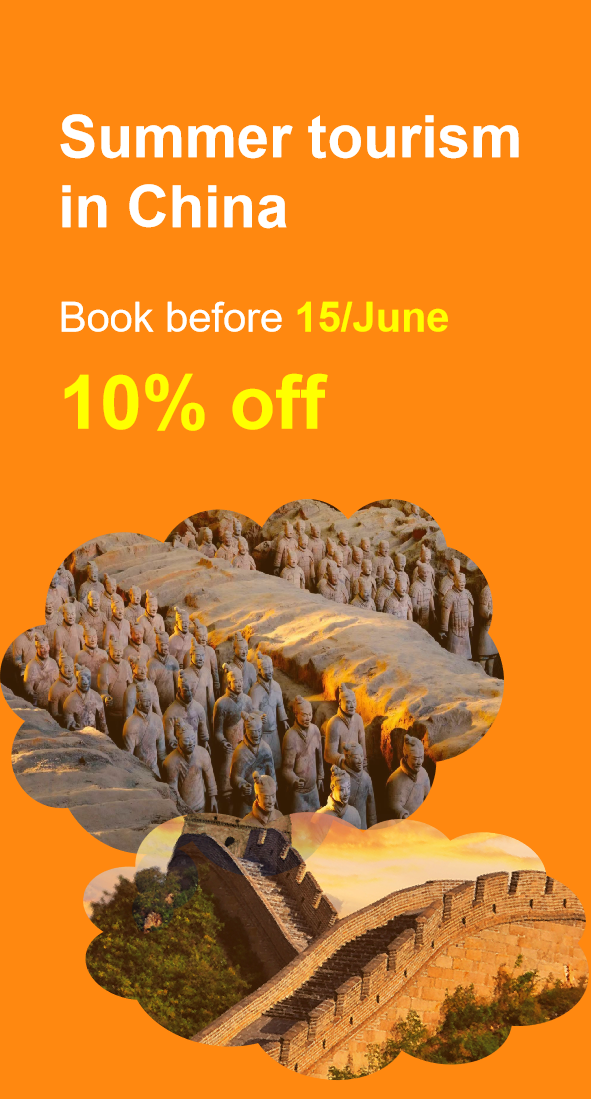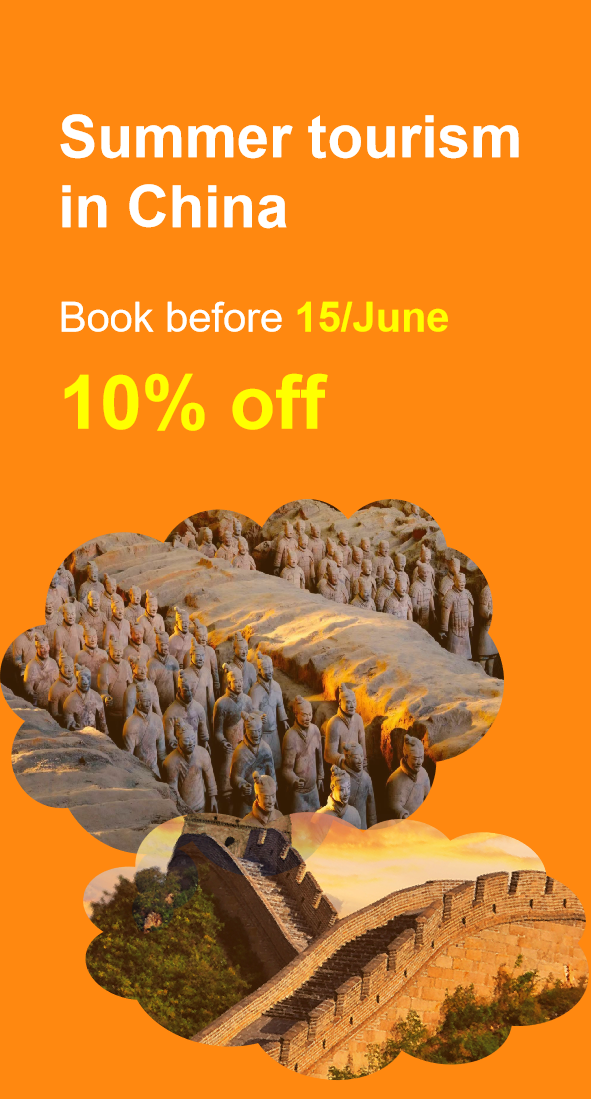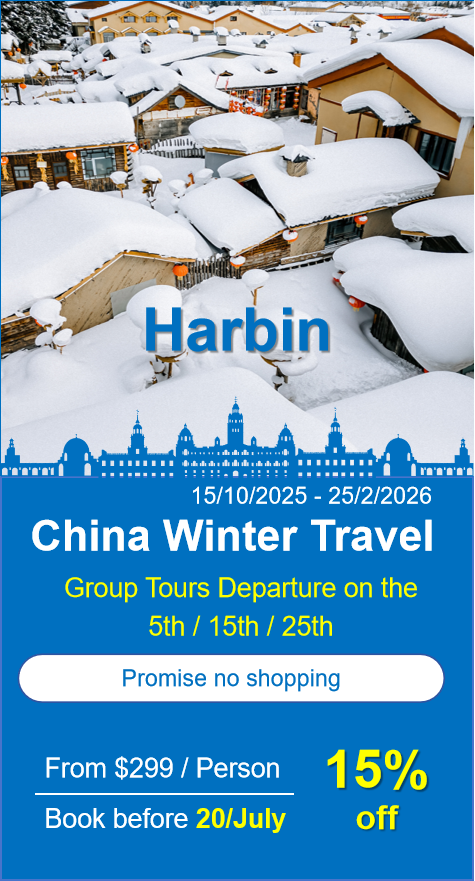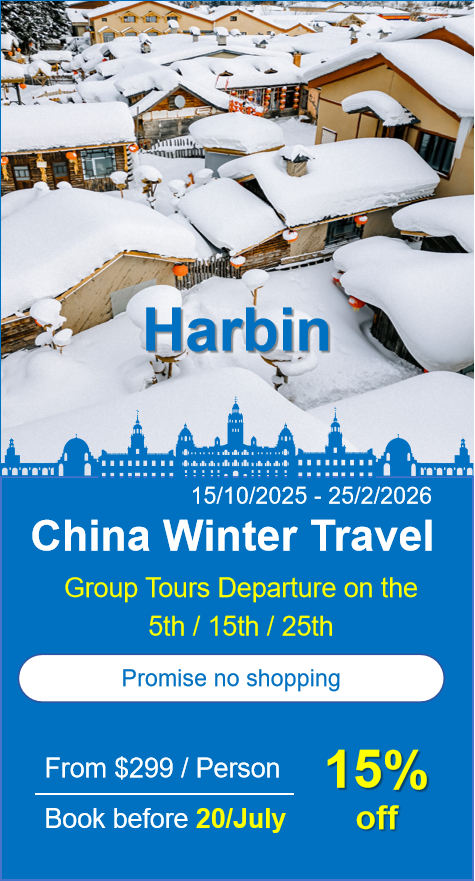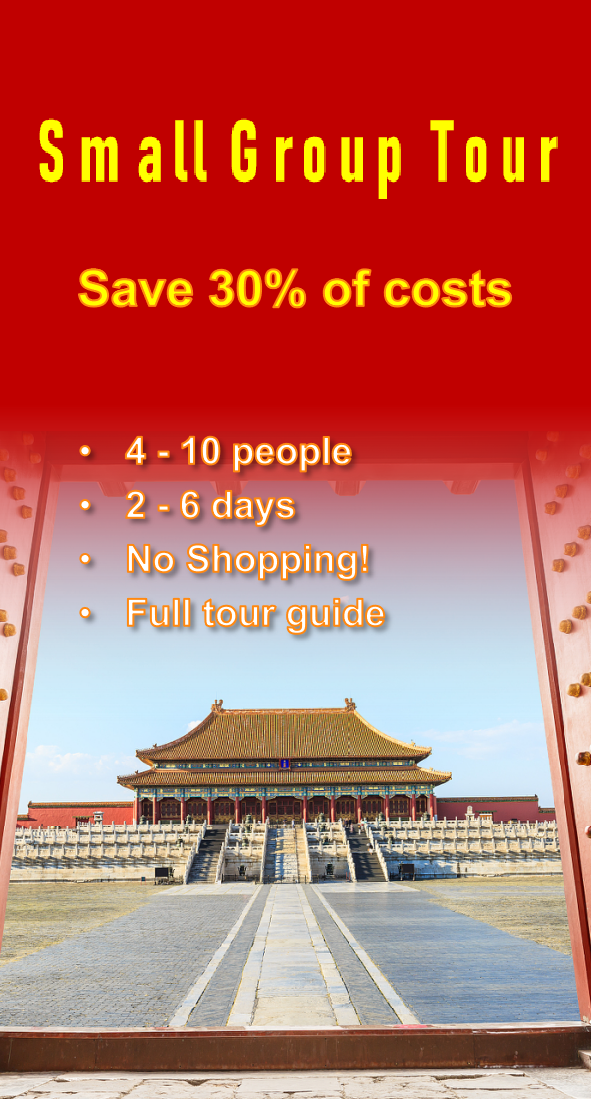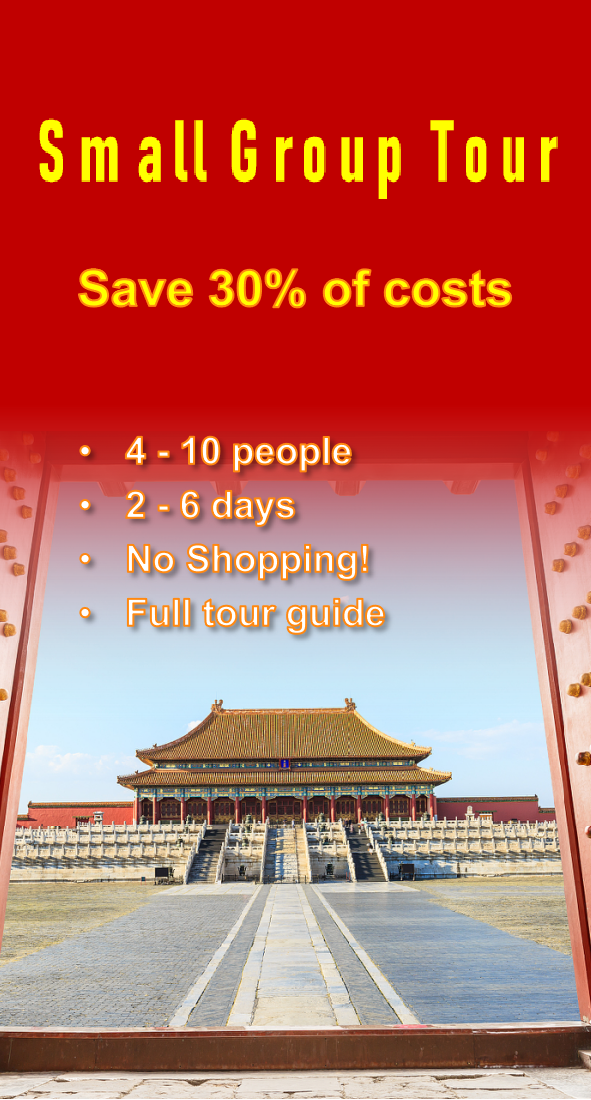Yuetegan Ancient City
Historical Overview
Founded during the Western Han Dynasty (1st century BCE), Yotkan was the capital of the ancient Kingdom of YuTi, a pivotal hub on the Southern Silk Road. It flourished under Buddhist influence for 13 centuries, surviving the Tang Dynasty's expansion and the Manchu conquest, until its decline post-1912. Archaeological discoveries in the 19th century, including golden artifacts and Han-Song coins, confirmed its historical significance. In 2022, the modern reconstruction project began, aiming to revive the city's legacy as a crossroads of civilizations.
Structural Layout
The city follows a symmetrical square layout divided into:
- Royal District: Includes the reconstructed "Golden Hall" (main venue for ceremonies) and the Seven Phoenix Tower, symbolizing imperial authority.
- Cultural District: Features six exhibition halls displaying Uyghur crafts, Silk Road relics, and Buddhist sculptures.
- Bazaar District: A bustling area with food streets (roast lamb, baked naan), handicraft markets (Aidilaisi silk, woodcarvings), and traditional tea houses.
- Residential Zone: White Ayiwang-style courtyard homes and themed inns, offering immersive stays.
Major Attractions
- Seven Phoenix Tower: A 30-meter glazed-tile tower representing YuTi's prosperity, illuminated nightly with light shows.
- Vimalakirti Temple: A Buddhist shrine housing Tang-Dynasty statues and scriptures.
- Intangible Cultural Heritage Workshop: Live demonstrations of Aidilaisi silk weaving, carpet making, and papermaking.
- Xuanzang Square: Commemorates the monk's 7th-century journey, with a lotus-shaped pool and jade carvings.
- Royal Banquet Hall: Reenacts imperial feasts with traditional music and dance.
Suggested Itineraries
-
Classic Route (2–3 hours):
Main Gate → Seven Phoenix Tower → Royal Banquet Hall → Vimalakirti Temple → Xuanzang Square → Bazaar District → North Exit
Highlights: Core architecture and cultural performances. -
Cultural Deep Dive (4 hours):
Main Gate → Silk Road Museum → Handicraft Workshops → Uyghur Folk House → Intangible Heritage Market → Evening Light Show
Highlights: Interactive workshops and nighttime spectacles. -
Full Experience (Full Day):
Morning: Royal District tour + craft workshops.
Afternoon: Bazaar exploration + folk performance.
Evening: "Echoes of YuTi" immersive theater (198 yuan/person).
Ticket Purchase
- Online: Book via the official WeChat mini-program or Ctrip (up to 7 days in advance).
- On-Site: Limited same-day tickets; queues peak during holidays.
- Prices:
- Daytime (11:00–18:00): Free entry.
- Nighttime (19:00–23:00): 138 yuan/adult; 69 yuan/student.
- Note: Children under 1.2m, disabled visitors, and military personnel enter free.
Transportation
- By Car: 10 km west of Hotan City, accessible via G315 Highway. Free parking available.
- By Bus: Take Hotan City Bus Route 3 to Baghchi Township, then a 15-minute walk.
- Guided Tours: Local agencies offer包车 (chartered car) services from downtown Hotan (40–60 yuan/trip).
Best Time & Tips
- Avoid Crowds: Visit early (11:00 AM opening) or on weekdays.
- Season: Spring (April–May) and autumn (September–October) for mild weather.
- Essentials:
- Wear comfortable shoes (20,000+ steps possible).
- Bring cash for bazaar purchases (some vendors lack mobile payment).
- Photography allowed (no flash in museums).
- Prohibited: Drones, large bags, and outside food.
- Cultural Sensitivity: Respect prayer times; ask permission before photographing locals.
Contact Us
What Our Clients Say?
Based on 10,000+ traveler reviews
